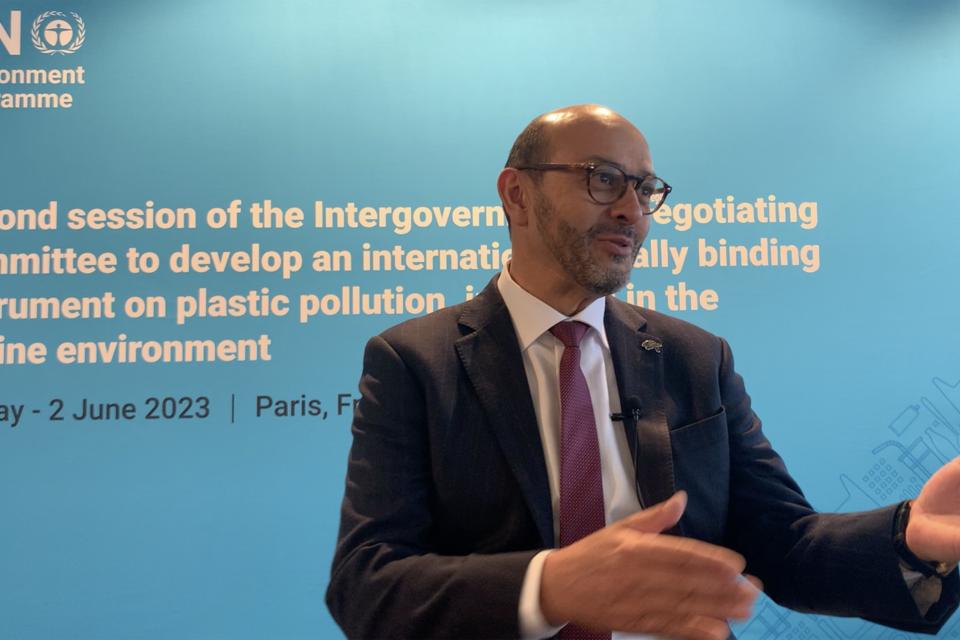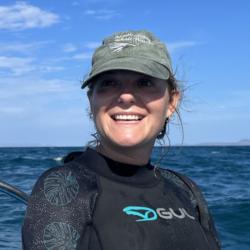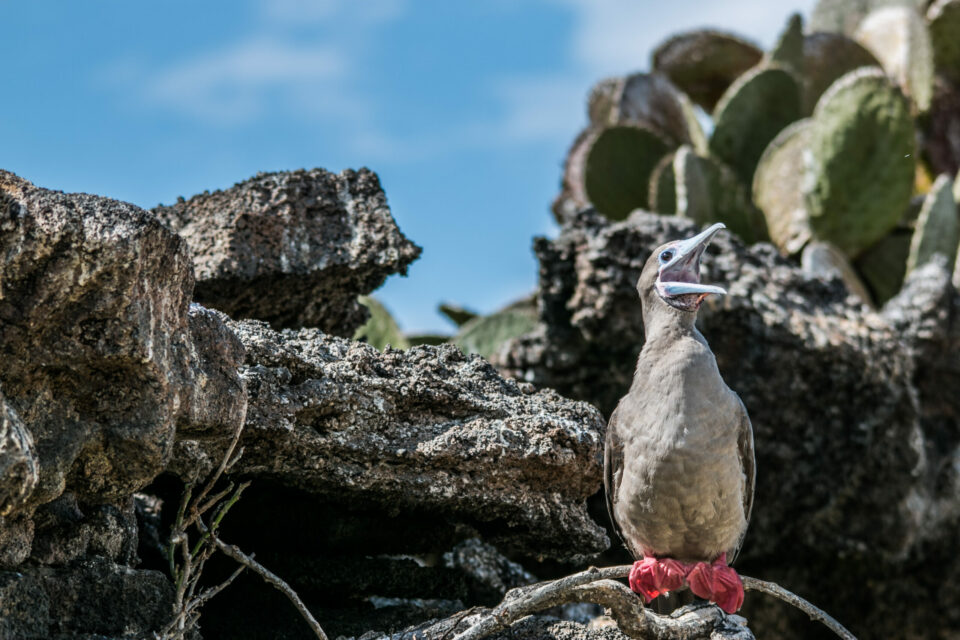

Creating a circular economy for plastics in Galapagos
Plastic pollution threatens more than 40 species in the Galapagos Islands due to the risk of ingestion or entanglement, and there is now an urgent need to embrace circular economy approaches and reduce plastic waste at source.
Plastic pollution is a huge global problem that is affecting almost every habitat that has been investigated, from the Mariana Trench in the deep ocean to the top of Mount Everest. Only 9% of plastic produced globally is recycled, while 12% is incinerated and 79% is discarded into landfills. It is clear that a paradigm shift is needed in our relationship with plastics.
The circular economy concept is defined as the need for a systemic shift from the traditional linear ‘cradle-to-grave’ economy to a circular system that reduces waste and leakage, embracing the ‘4Rs’ concept (reduce, reuse, recycle, recover).
In January this year, GCT embarked on a new plastics circular economy project in Galapagos. The project aims to deliver prevention measures for local plastic pollution in Galapagos, including reducing imports, consumption and leakage, supported by community solutions for single-use plastic alternatives, whilst informing sustainable policies and supporting reduced risk to wildlife.
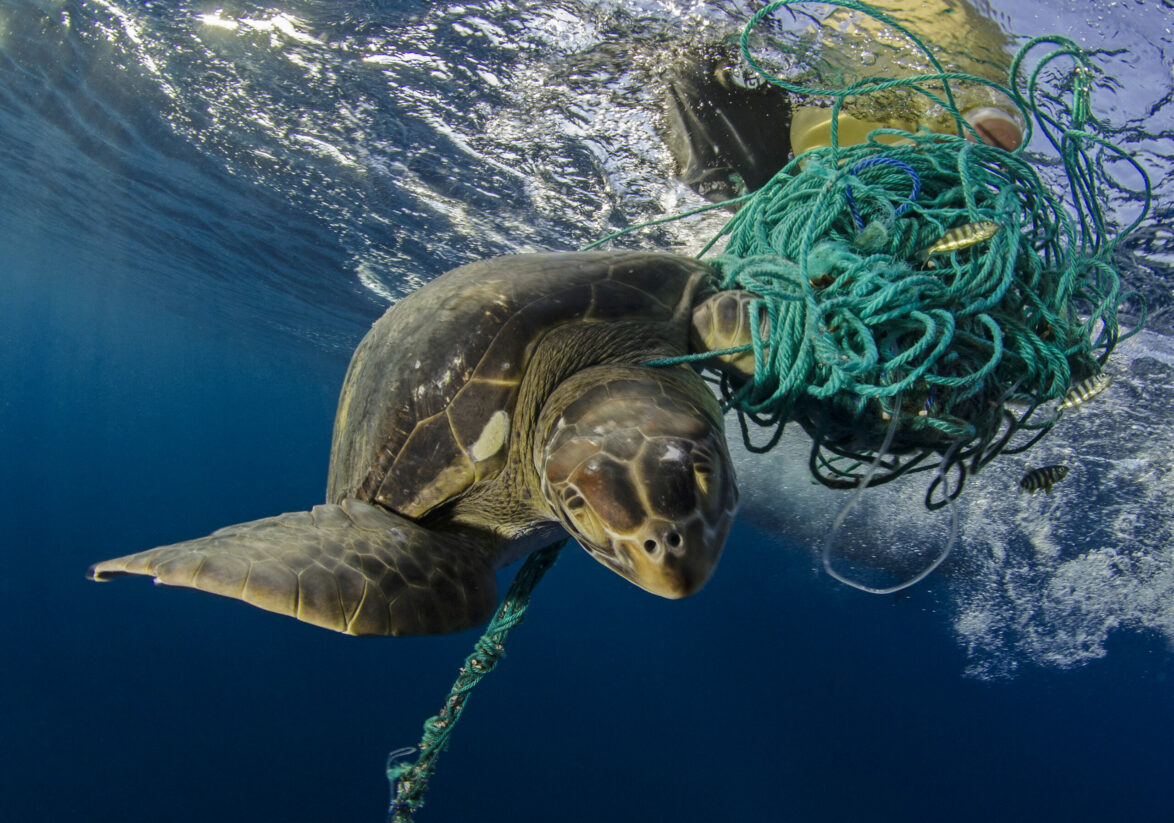
The project is funded by the Norwegian Retailers’ Environment Fund, Norway’s largest private environmental fund, which supports national and international projects that reduce plastic pollution, increase plastic recycling and reduce the consumption of plastic bags. It is also Norway’s most important measure in complying with the EU Plastic Bags Directive.
One of the aims of the project is to strengthen the international case for stronger plastic pollution legislation, by supporting Ecuador to provide a best-practice example of a plastics circular economy in the Galapagos Islands and set an example to other areas, starting with action on single-use plastics. It also aims to provide new livelihoods within a circular economy, and will empower community innovators to implement their single-use plastic solutions.
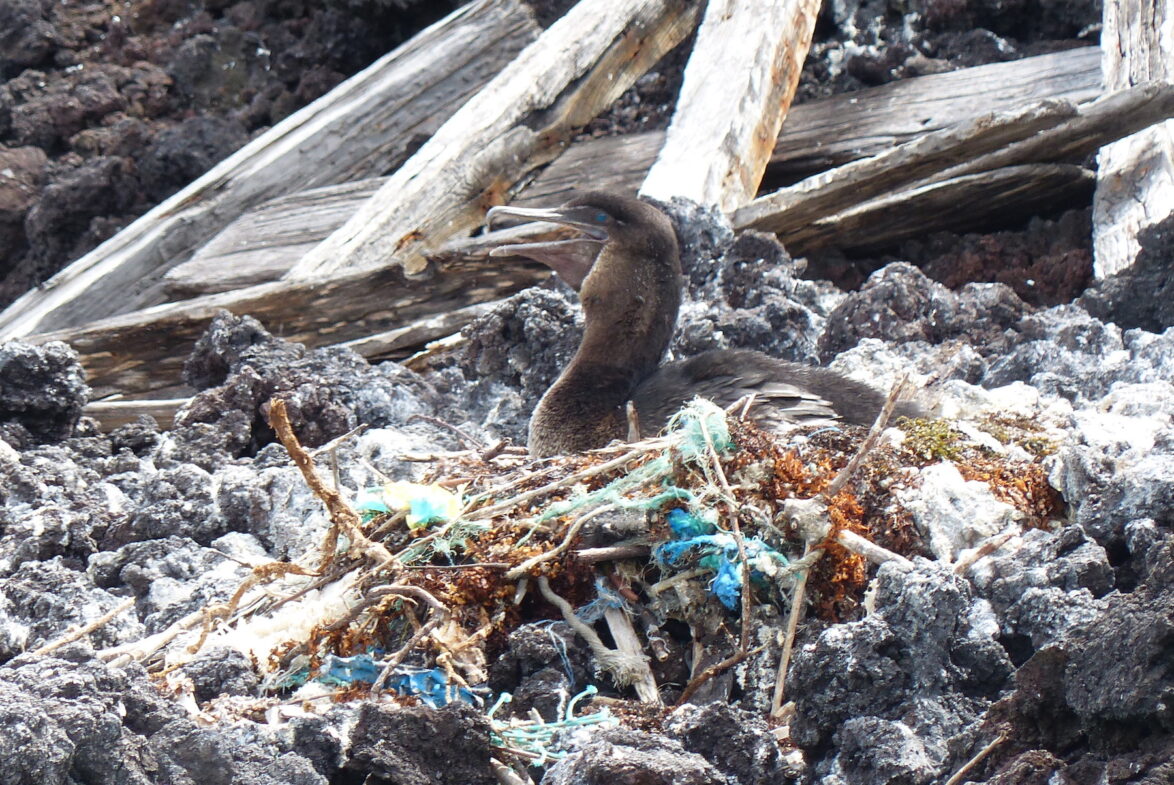
79 %
of plastic produced globally is discarded into landfills
In partnership with our partners Fundación Un Cambio por la Vida and the Galapagos Hub, we plan to launch the project with the local community, combining community engagement with policy, advocacy and business activity. The aim is to develop a multi-pronged approach that will reduce single-use plastic bags for grocery shopping in Galapagos, and thus tackle one of the major sources of plastic waste on the Islands.
We will be calling on members of the community (residents, tourists, shopkeepers and market owners/organisers) to help build and inform the trial of three interventions aiming to reduce the consumption of single-use plastic bags. We will combine interactive community engagement and behavioural science to understand existing behaviours, viability of alternative solutions and how to encourage and engage the community with those solutions.
Solutions will be trialled between February and April 2024 and will comprise alternative products or systems, designed and trialled in an iterative process with the community, establishing trust and uniting science, community and policy.
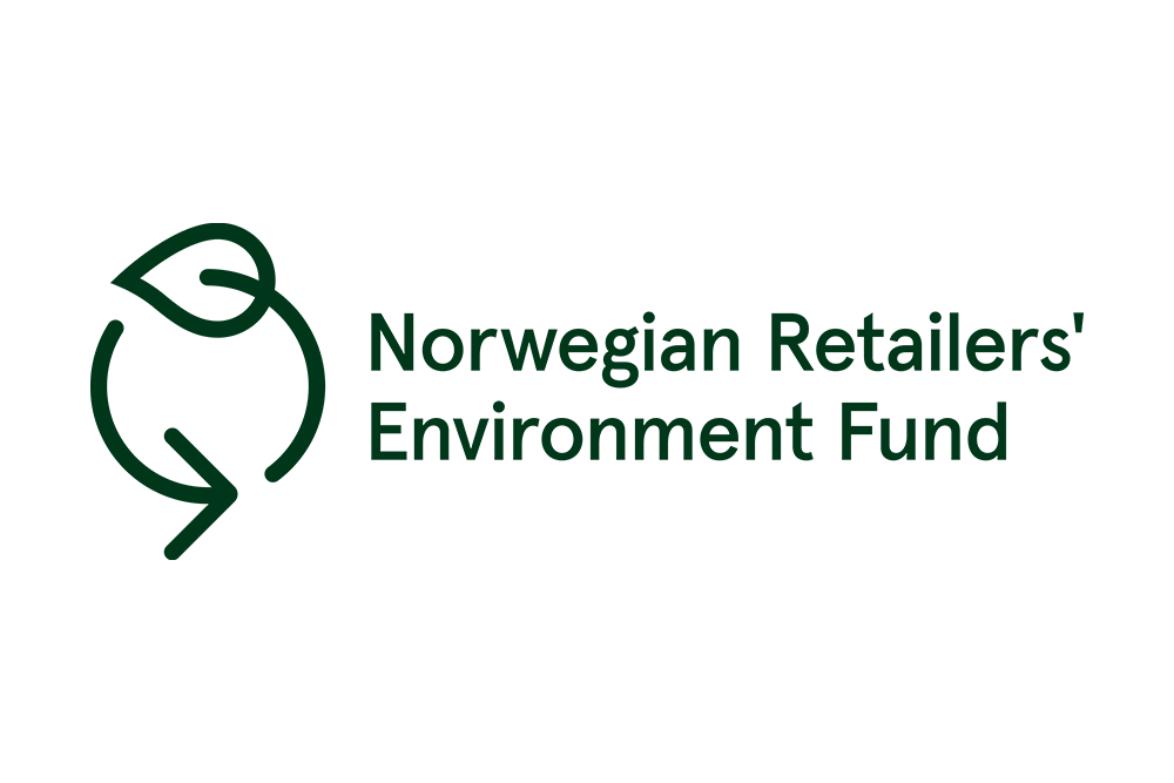
Our plastic circular economy project is kindly supported by the Norwegian Retailers’ Environmental Fund.
Related articles

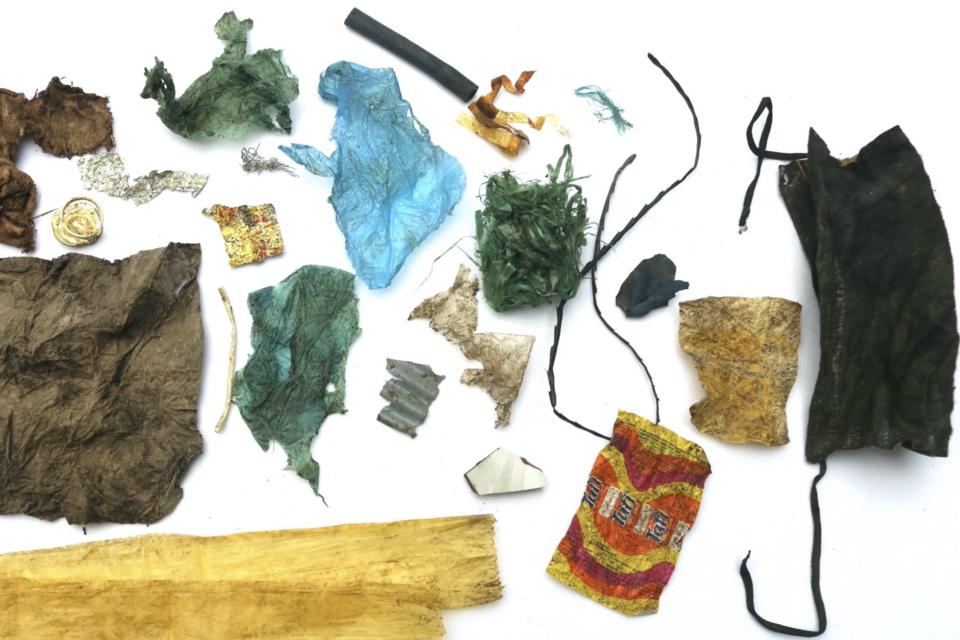
New research shows that Galapagos giant tortoises are ingesting plastic waste
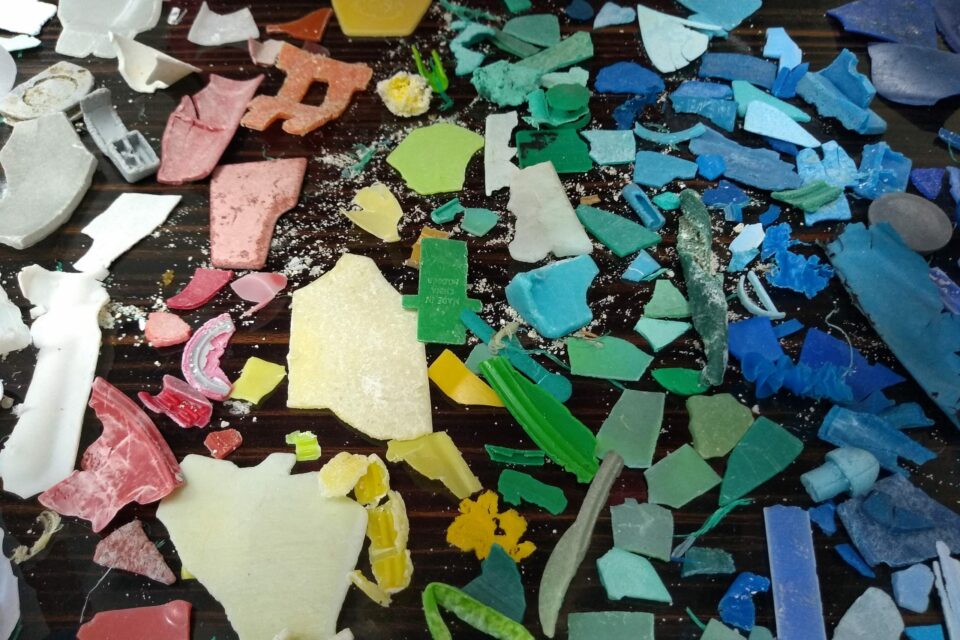
Climate change and plastic pollution: the inextricable link
